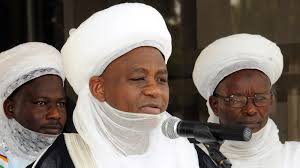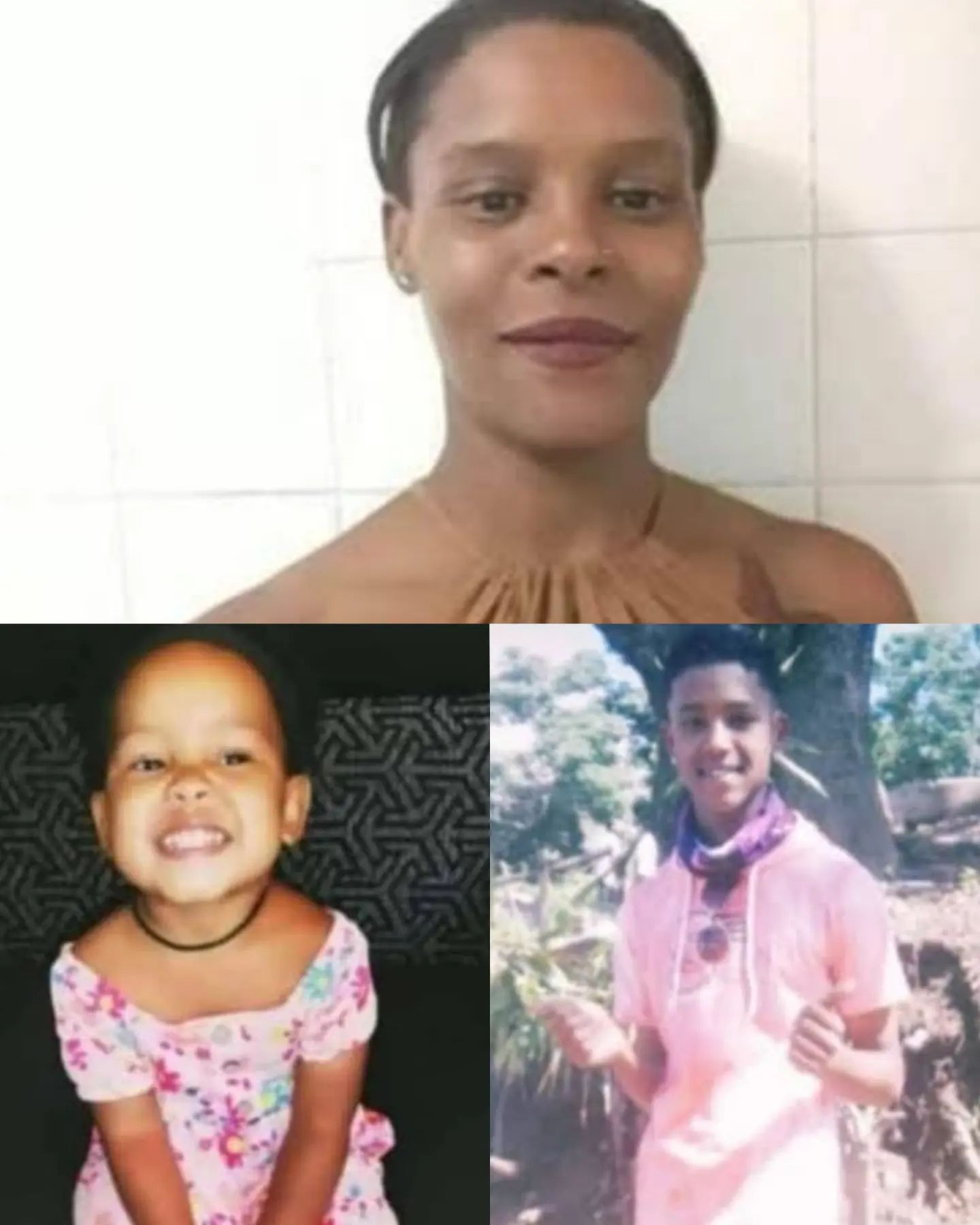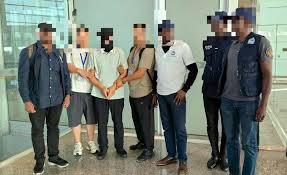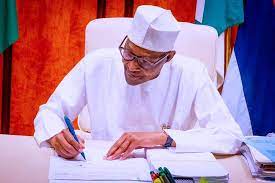The Sultan of Sokoto, Alhaji Sa’ad Abubakar III, has urged Nigerians to understand the true meaning of jihad, stressing that it is not synonymous with violence but rather with striving for excellence in all aspects of life.
He made the remark on Thursday, October 2, 2025, in Abuja during the public presentation of Scars: Nigeria’s Journey and the Boko Haram Conundrum, a book authored by former Chief of Defence Staff, Gen. Lucky Irabor (rtd.).
The Sultan cautioned against the misinterpretation of Islamic concepts, noting that extremists and uninformed commentators have for decades wrongly linked jihad with terrorism and violence against non-Muslims.
“Jihad simply means striving — striving to be a better Muslim, a better Christian, a better citizen, and a better human being. It is not about killing anyone. Islam abhors extremism, and no true Muslim can claim to follow the teachings of the Prophet while embracing violence,” he said.
According to him, Islam, when properly understood, promotes peaceful coexistence and good governance. He added that Islamic teachings have long contributed to Nigeria’s democratic journey by upholding principles of justice, accountability, and responsible leadership.
The Sultan highlighted the stabilising role of Islamic institutions such as mosques, scholars, and traditional councils in mediating conflicts, guiding leaders, and educating citizens on tolerance and civic responsibility.
“Islam is not about seizing power; it is about ensuring good governance and accountability in society. Our democracy has benefitted from these values because justice and fairness are principles rooted both in the Qur’an and in democratic practice,” he said.
He further called for stronger interfaith dialogue, emphasising that Nigeria’s unity depends on mutual understanding between Christians and Muslims.
“If I know who you are, and you know who I am, we can live in peace. Understanding one another is the foundation for national security and stability,” he added.
The Sultan also commended Gen. Irabor for writing the book, describing it as a timely resource that not only documents the scars of insurgency but also provides insights for policy, governance, and national healing.
The book launch was attended by dignitaries including former Presidents Olusegun Obasanjo and Goodluck Jonathan, the Minister of Defence, service chiefs, traditional rulers, senior military officers, and members of the diplomatic corps.




